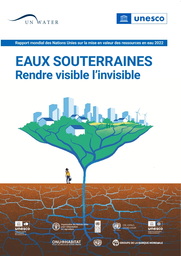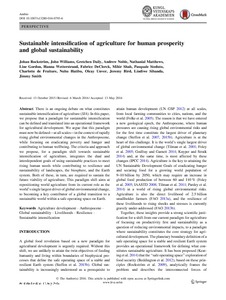In 1945, UNESCO was created in order to respond to the firm belief of nations, forged by two world wars in less than a generation, that political and economic agreements are not enough to build a lasting peace. Peace must be established on the basis of humanity’s moral and intellectual solidarity.
UNESCO strives to build networks among nations that enable this kind of solidarity, by:
- Mobilizing for education: so that every child, boy or girl, has access to quality education as a fundamental human right and as a prerequisite for human development.
- Building intercultural understanding: through protection of heritage and support for cultural diversity. UNESCO created the idea of World Heritage to protect sites of outstanding universal value.
- Pursuing scientific cooperation: such as early warning systems for tsunamis or trans-boundary water management agreements, to strengthen ties between nations and societies.
- Protecting freedom of expression: an essential condition for democracy, development and human dignity.
Members:
Resources
Displaying 1 - 5 of 10Rapport mondial des Nations Unies sur la mise en valeur des ressources en eau 2022 : eaux souterraines : rendre visible l’invisible
Ce rapport met en lumière les principaux risques et tendances relatifs aux ressources en terres, en sols et en eau et présente les moyens par lesquels nous pourrons résoudre les problèmes de concurrence entre utilisateurs et produire les multiples avantages souhaitables pour les populations et l’environnement. Disponible dans toutes les langues officielles de l’ONU ainsi que sous format numérique pour une lecture sur appareil portable. Rapport complet disponible en 2022.
Droughts in the Anthropocene
This publication was produced as part of the digital interactive exhibition Droughts in the Anthropocene, prepared for the fortieth session of the UNESCO General Conference. Droughts in the Anthropocene features fifteen case studies from around the world showcasing the social, environmental and cultural impacts of droughts and water scarcity. It highlights solutions offered by collaboration between scientists and local communities, and the important work of UNESCO IHP and partners in bridging science with society and policymakers to better address the impact of droughts.
Sustainable intensification of agriculture for human prosperity and global sustainability
There is an ongoing debate on what constitutes sustainable intensification of agriculture (SIA). In this paper, we propose that a paradigm for sustainable intensification can be defined and translated into an operational framework for agricultural development. We argue that this paradigm must now be defined—at all scales—in the context of rapidly rising global environmental changes in the Anthropocene, while focusing on eradicating poverty and hunger and contributing to human wellbeing.
SDG Goal 11: Monitoring Framework
In September 2015, the United Nations Sustainable Development Summit adopted a new framework to guide development efforts between 2015 and 2030, entitled “Transforming our world: the 2030 Agenda for sustainable development”.1
La desigualdad de género en la propiedad de la tierra en América Latina
Esta ponencia presenta la distribución de la propiedad de la tierra para las mujeres rurales en América Latina.Argumenta, en primer lugar, las dificultades en la información estadística para cuantificar la distribución de la tierra por género y la magnitud de la desigualdad que se puede documentar. En segundo lugar, y enfocando en las formas de adquisición de la tierra, da respuesta a la pregunta: ¿Por qué la brecha de género?





